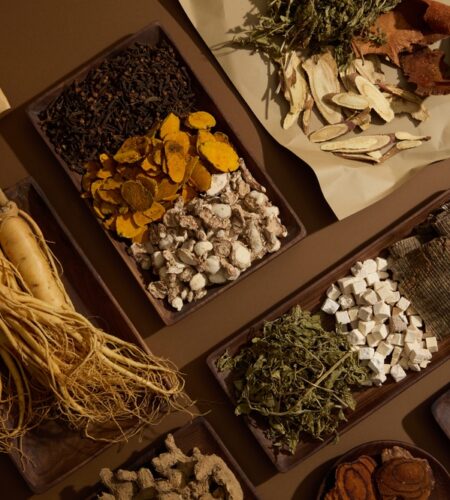In every culture, nestled within the troves of traditional knowledge, lies the rich and diverse world of folk medicine and home remedies. These practices, passed down through generations, represent humanity’s earliest attempts to heal and soothe ailments using the natural world’s resources. Exploring these remedies is not just a journey into the past; it’s a discovery of age-old wisdom that offers practical, and sometimes surprising, insights into maintaining health and wellness.

Folk medicine encompasses a wide range of practices and remedies, varying greatly across different cultures and regions. These remedies often involve the use of herbs, plants, spices, and common household items, applied in ways that have been honed over centuries. From the use of ginger and honey to soothe a sore throat to the application of aloe vera for skin burns, these remedies are a testament to the resourcefulness and ingenuity of our ancestors.
One of the most intriguing aspects of exploring folk medicine is understanding the context and rationale behind each remedy. Many of these practices are based not just on trial and error, but on a deep understanding of the local environment and its medicinal properties. For instance, Native American medicinal practices are deeply intertwined with their spiritual beliefs and knowledge of local flora, while traditional Chinese medicine uses a complex system of herbs and acupuncture to balance the body’s energies.
Engaging with folk medicine is also a way to connect with one’s cultural heritage. For many people, learning about the home remedies used by their ancestors can be a deeply personal and meaningful experience. It offers a sense of continuity and connection to the past, preserving knowledge that might otherwise be lost in the modern world.


Moreover, exploring these traditional remedies can have practical benefits. In a time where reliance on pharmaceuticals is common, folk remedies offer natural and cost-effective alternatives for minor ailments. They encourage a more holistic approach to health, emphasizing prevention and the maintenance of overall well-being.
However, it’s important to approach folk medicine with a balanced perspective. While many home remedies can be effective for minor issues, they are not substitutes for professional medical treatment in serious cases. Understanding the limits of these remedies, and when to seek medical advice, is crucial.
In addition to personal health, studying folk medicine can be academically enriching. It provides insights into botany, chemistry, and the history of medicine. For students and practitioners of medicine, understanding these traditional practices can offer a broader perspective on health and healing.
Conclusion
In conclusion, exploring the world of folk medicine and home remedies is a journey that bridges the past and present, combining cultural heritage with practical health benefits. It offers a window into the diverse ways cultures around the world have understood and interacted with the natural world for healing purposes. As we continue to explore and understand these practices, we not only preserve a vital part of our cultural history but also gain practical knowledge that can enhance our approach to health and wellness.



Comments